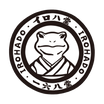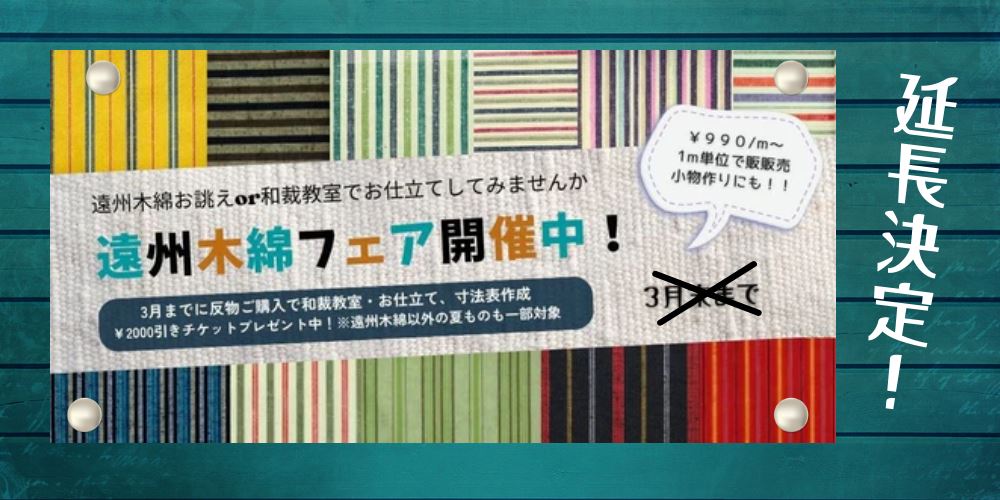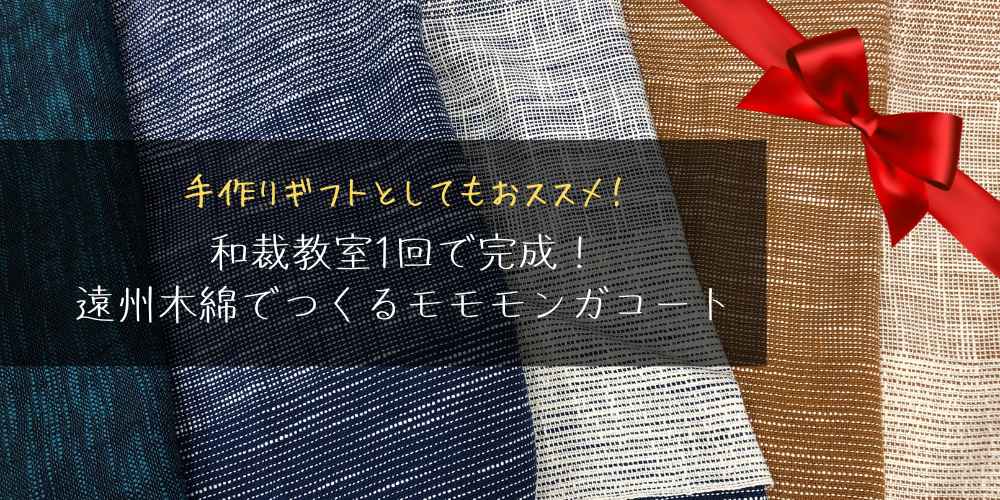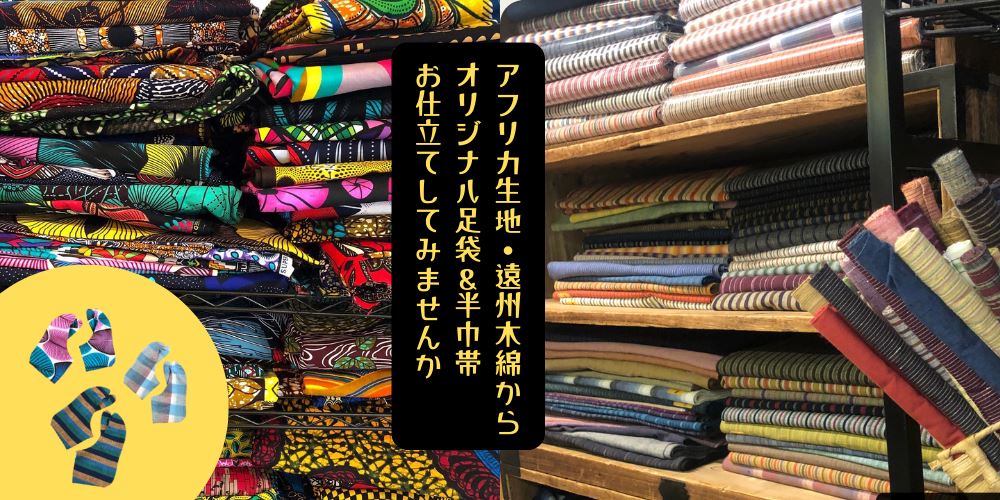Kineya Tabi string tabi larger size now available
Kineya Tabi, a long-established store in Gyoda City, Saitama Prefecture, which has been well-received by our customers since the beginning of our store, is now selling string tabi socks at our online shop!
Up to now, we have been handling sizes up to 25cm, but we now have larger sizes from 25.5cm in stock.
In the Edo period, before the type of tabi that was fastened with kohaze was made, string tabi were used. I thought Kohaze tabi was the norm, but when I saw the string tabi in Kineya's pamphlet, I fell in love with them at first sight! Wouldn't this be cute to match with clothes? ?
Since we started selling them, I've put down 3 pairs and wear string socks every other day. Indigo-dyed string tabi pairs perfectly with the feet of a casual pongee or cotton kimono. Another appeal is that you can enjoy the unique change in color by wearing and washing them repeatedly. The knot of the string that can be seen at a glance is fresh and looks fresh when worn with casual kimono, and it doesn't look out of place with clothes (I personally think...) These tabi are a must-have for me!
*Please note that even one pair of shoes over 25.5 cannot be shipped by post. Flat rate ¥880 except for Hokkaido and Okinawa (1 pair of sizes up to 25.0 will be shipped via post for ¥380)

Even if you have washed your hands more than 10 times, your hands will be slightly stained indigo when you wash them (the indigo color on your hands will easily come off with soap). If your feet get wet, there may be a risk of color transfer to light-colored thongs. You definitely don't want color transfer with such items! In that case, please avoid indigo-dyed tabi socks.


Kineya Tabi
Gyoda City, Saitama Prefecture, is located between two major rivers, the Tone River and the Arakawa River, and has abundant water and a climate suitable for cotton cultivation, and has been a thriving cotton producer since ancient times. Tabi-making began in this area over 300 years ago, during the Edo period.
At that time, the lord of Matsudaira in the Oshi domain (present-day Gyoda) encouraged the making of tabi in the Oshi castle town, and as people frequently traveled to Fukiage-juku on the Nakasendo road, it spread throughout the country and continues to be the number one producer of tabi in Japan. I'm proud .

Kineya Tabi, which has a long history in Gyoda City, began its history in 1929 as Nakazawa Tabi Co., Ltd., and is still a long-established tabi store that continues to this day, changing its name to Kineya Tabi.










